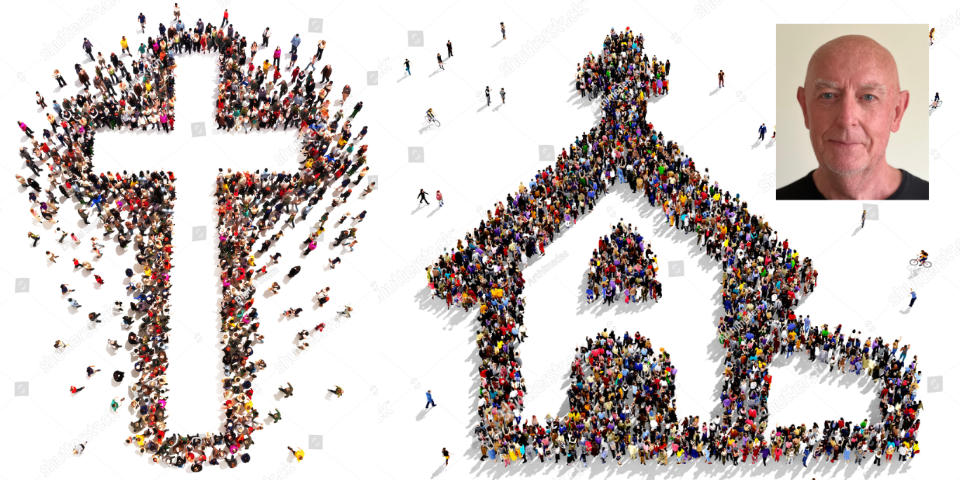
What it really means to build the church
When Jesus talks about his church, he didn’t mean stones, pews and a steeple, writes Phil Gray.
Jesus said, “I will build my church” (Matthew 16:18). The original Greek word used here is ‘ekklesia’ – meaning an assembly or gathering. I was born into a culture that understood the church to be a building: stone walls, wooden pews, perhaps a steeple. But my understanding has changed profoundly.
When Jesus speaks of building his church, he is not referring to bricks and mortar, but to people. The church is the community of those who believe in him – men and women, young and old, from every nation – who have been called out of darkness, delivered from the power of Satan, and gathered into fellowship with Christ, his Father, and the Holy Spirit.
This universal church is expressed through local gatherings, wherever Christians happen to live. These local churches meet in homes, rented halls, purpose-built spaces, or even outdoors – whatever is practical.
Ideally, unbelievers will also be present from time to time, so that they might come to understand why Jesus died and rose again. Some may believe and find salvation; others may not, but are still welcome to witness and consider. Regardless, it is those who follow Christ who are the church, whether gathered or scattered.
No church is perfect. A careful reading of the New Testament quickly dispels any romanticised notion of a flawless early church. Scripture makes it clear that the church will only reach perfection when Christ returns. Yet we are not without hope. As we fix our eyes on Jesus, we are being transformed – slowly but surely – into his likeness.
… story continues








